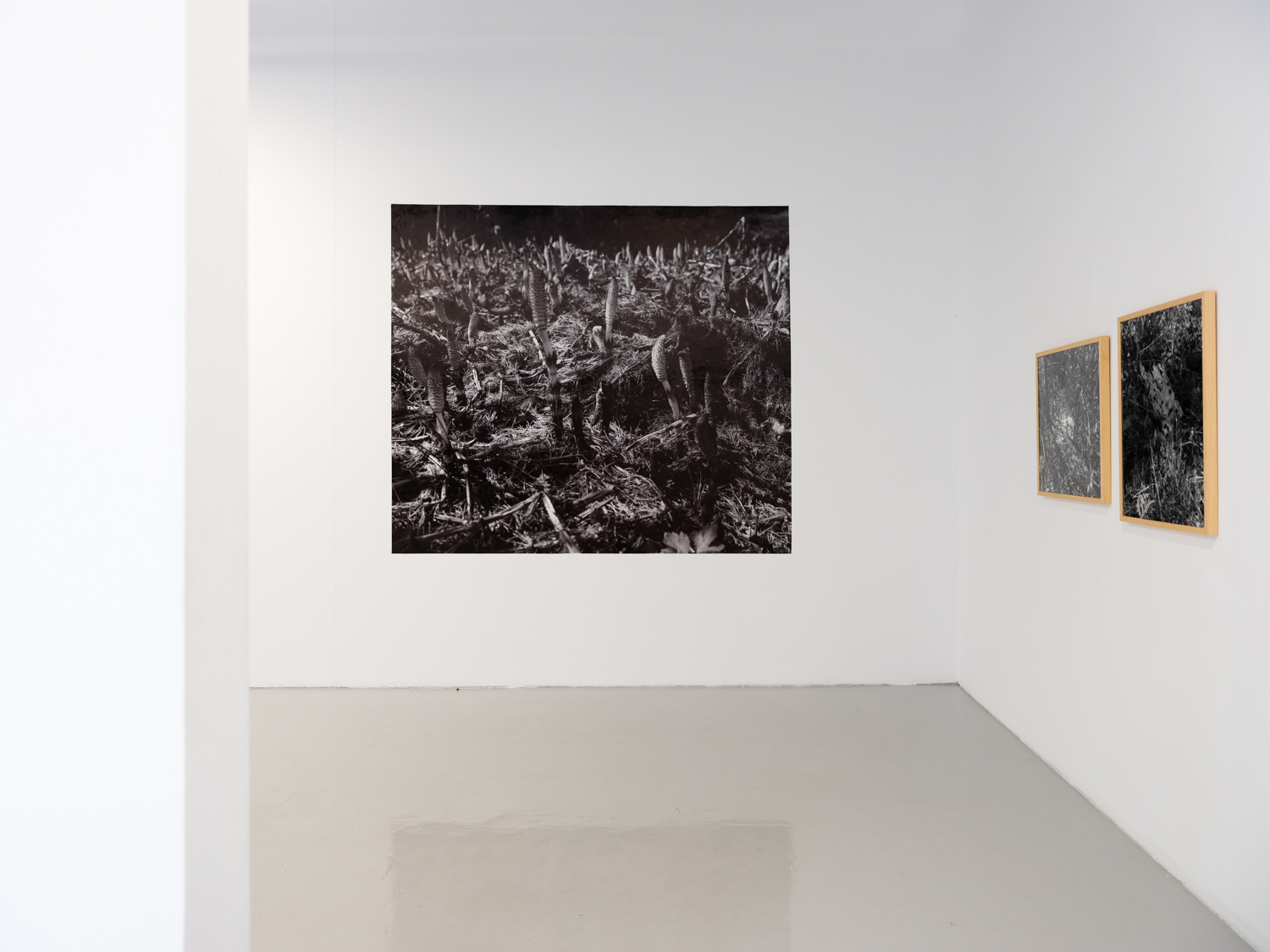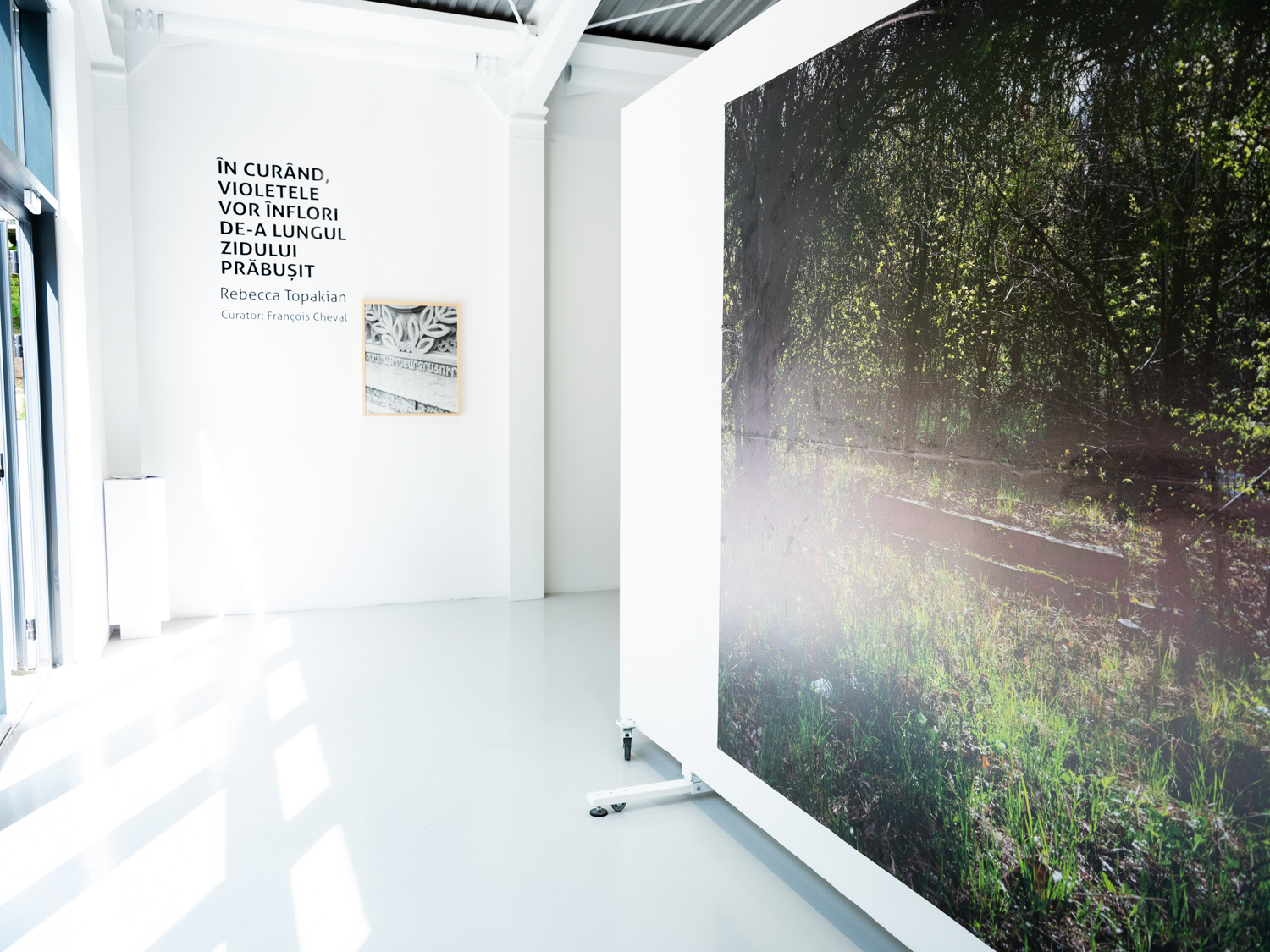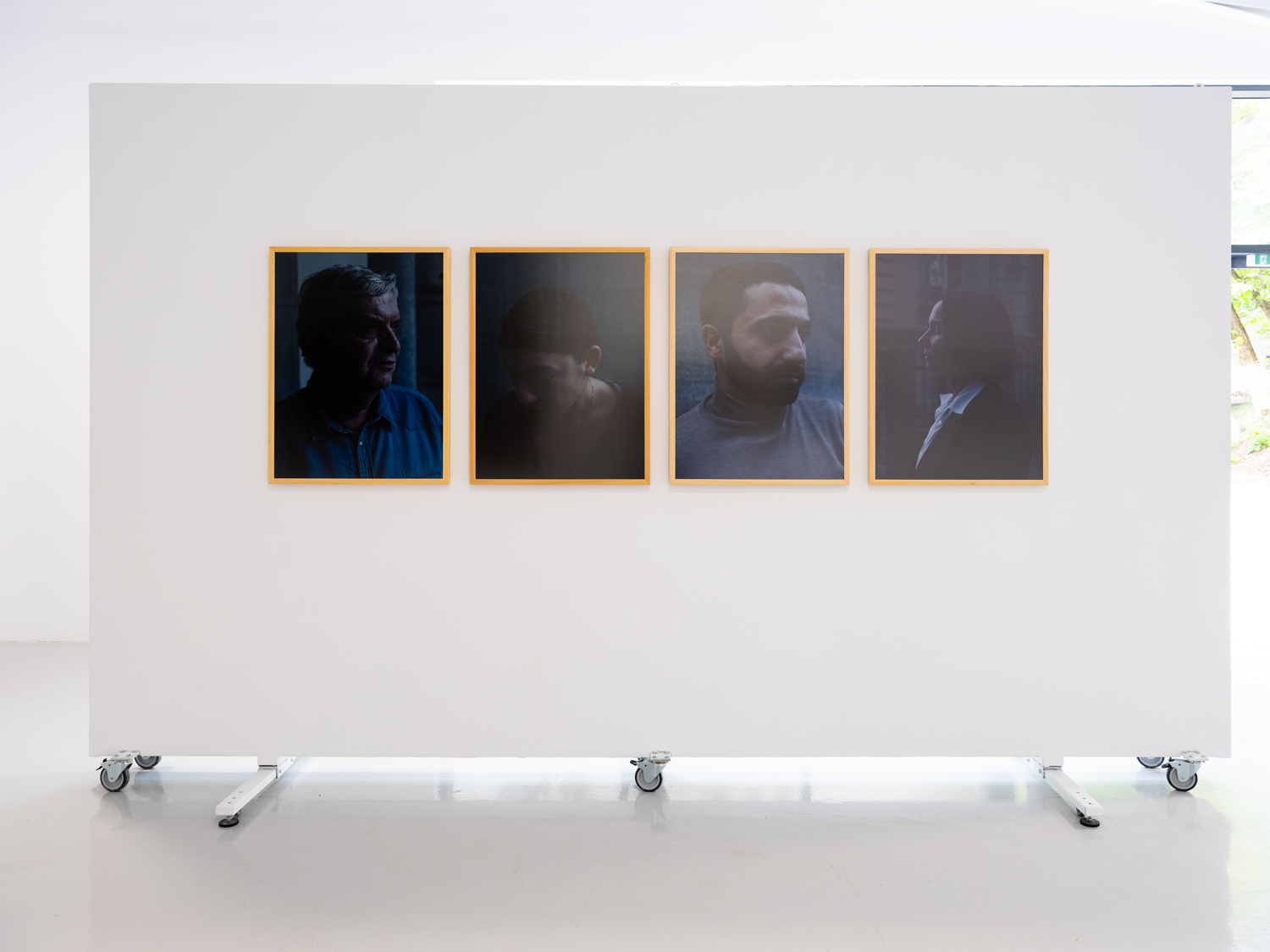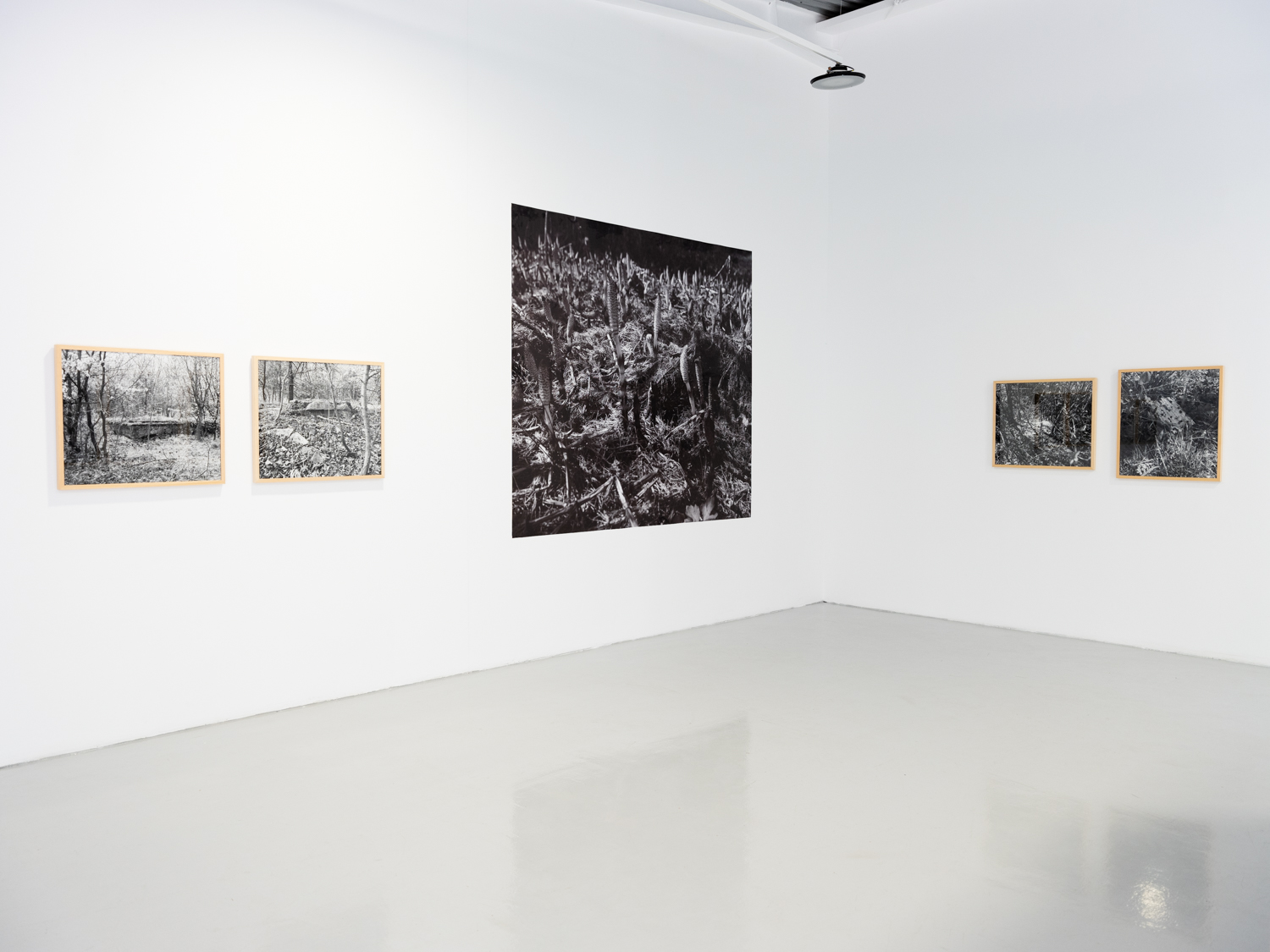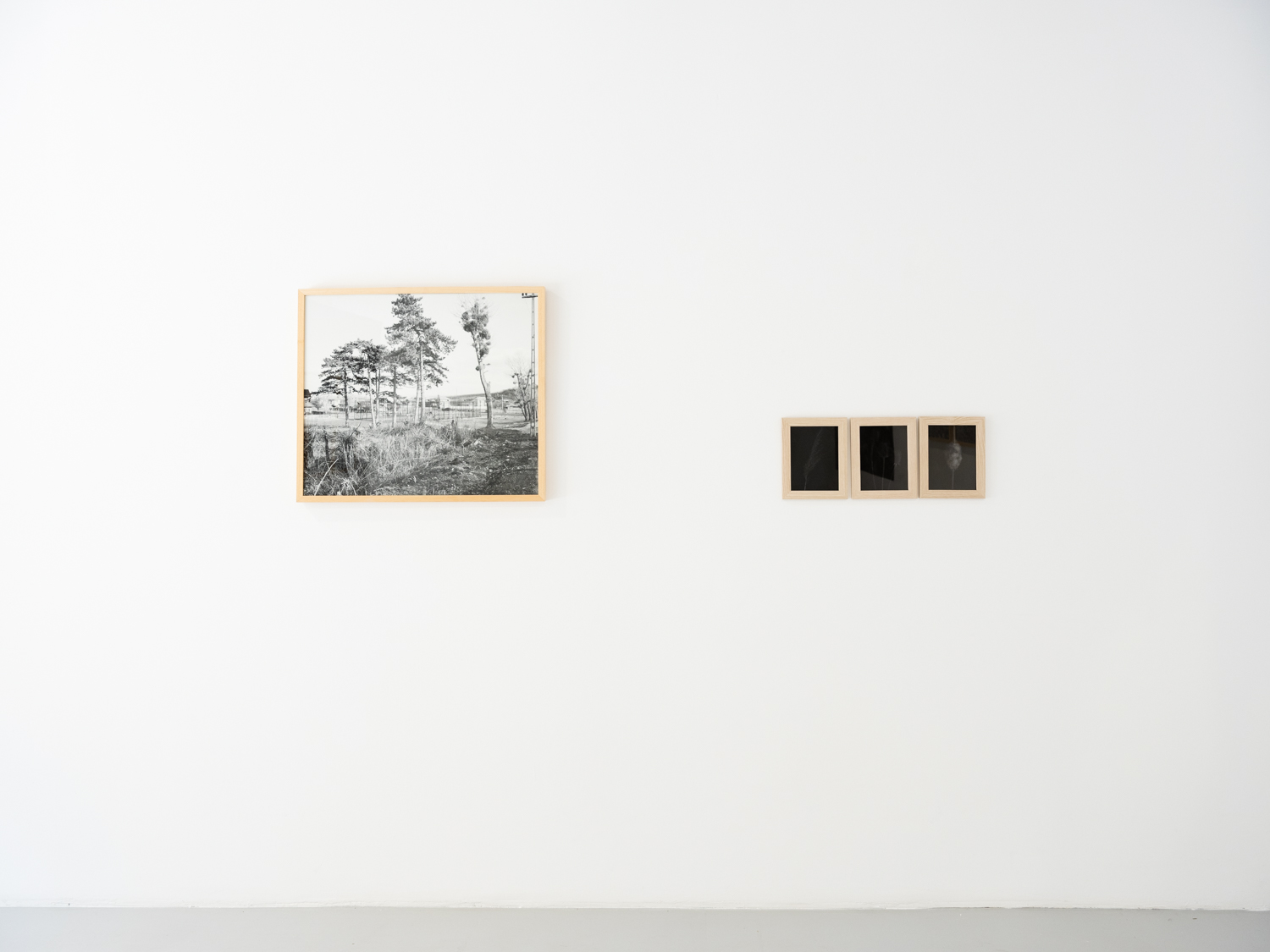Along the crumbling wall, soon, the violet will bloom
2024, curated by François Cheval.
Produced in residency at Borderline Art Space, Iaşi, Romania.
With the support of Institut Français of Romania.
Inkjet prints, 60x70cm
Produced in residency at Borderline Art Space, Iaşi, Romania.
With the support of Institut Français of Romania.
Inkjet prints, 60x70cm
Between 1923 and 1926, an Armenian orphanage was opened in the village of Strunga, Romania, to host kids orphaned by the Armenian genocide. For the lack of funds and the diminishing number of orphans, the orphanage had to close. The buildings disappeared and the memory slowly got forgotten, if not for a few individuals trying to revive its memory.
“In the footsteps
of... What photographer hasn't at some point in his or her career taken a
retrospective look at a particular object, close, too close? The danger of
looking back is one that Lot knew the hard way, that nostalgia, that feeling of
irrelevance that can turn you into a statue of salt. Rebecca Topakian, by
patiently researching fragments of the history of the Armenian orphanage in
Strunga, is certainly seeking to consolidate her identity, but she also wants
to abandon herself to the chance of new perspectives.
Fragments of
architecture attest to a presence, the testimonies that underpin it. These
fragments, trapped by nature, are nourished by the wandering souls of these
orphans. This great Whole regenerates the passage of children to inscribe them
in its history. They were here, they are still here! Not as ghosts, but as food
for the living.
Rebecca Topakian
had a choice between two attitudes: one that minimises everything, to ward off
her demons, or one that aesthetises. It's not so easy to be just right. Because
we mustn't overdo the banal and the beautiful.
From the sadness
of the genocide to the emigration routes that lead to Strunga, the journey is
long and, of course, hazardous. It's hard not to get lost, because what's left
to see but the little white pebbles that history has left behind.
Rebecca Topakian
has simply taken care to fit together a few images, seemingly out of the blue,
picked up at random.”
François Cheval.
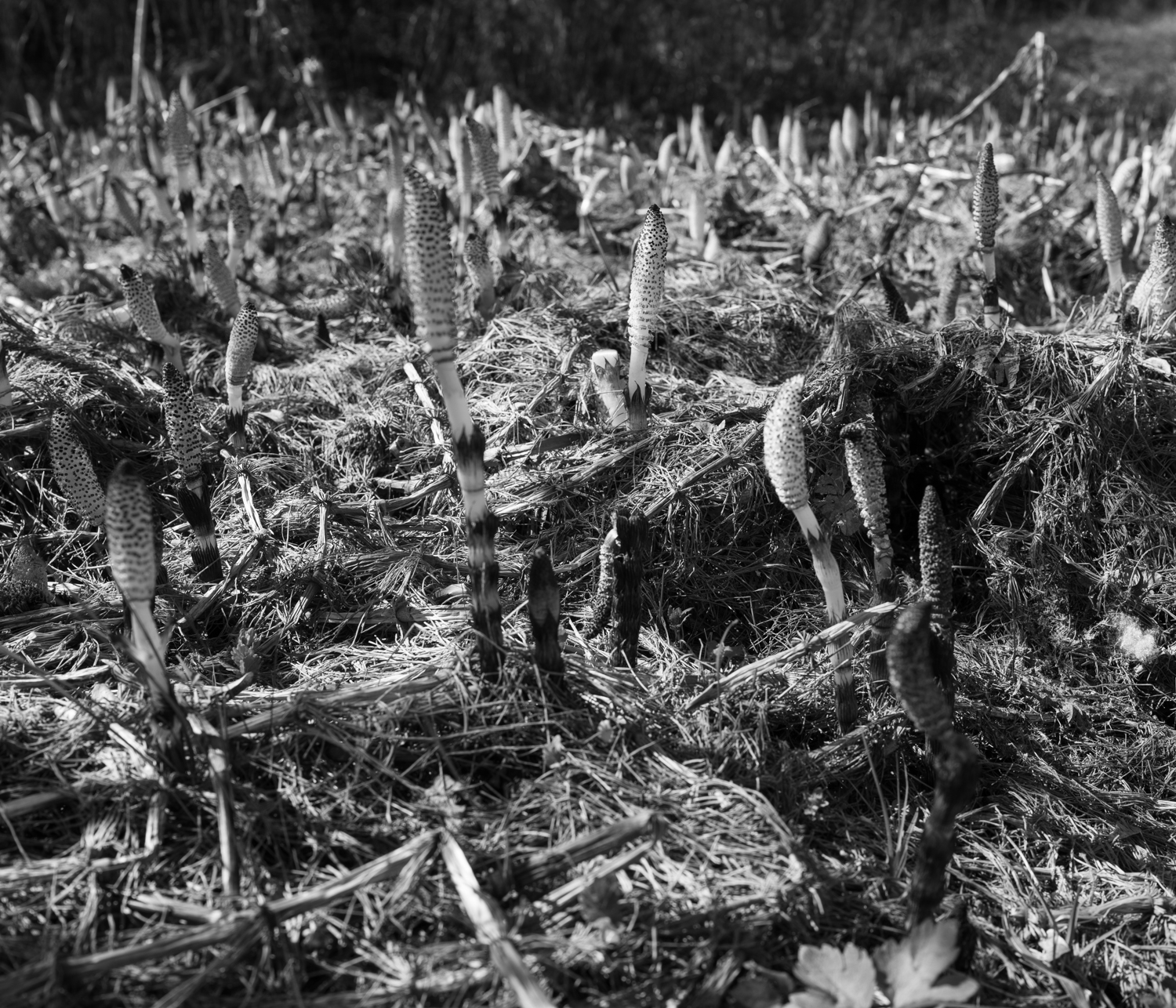
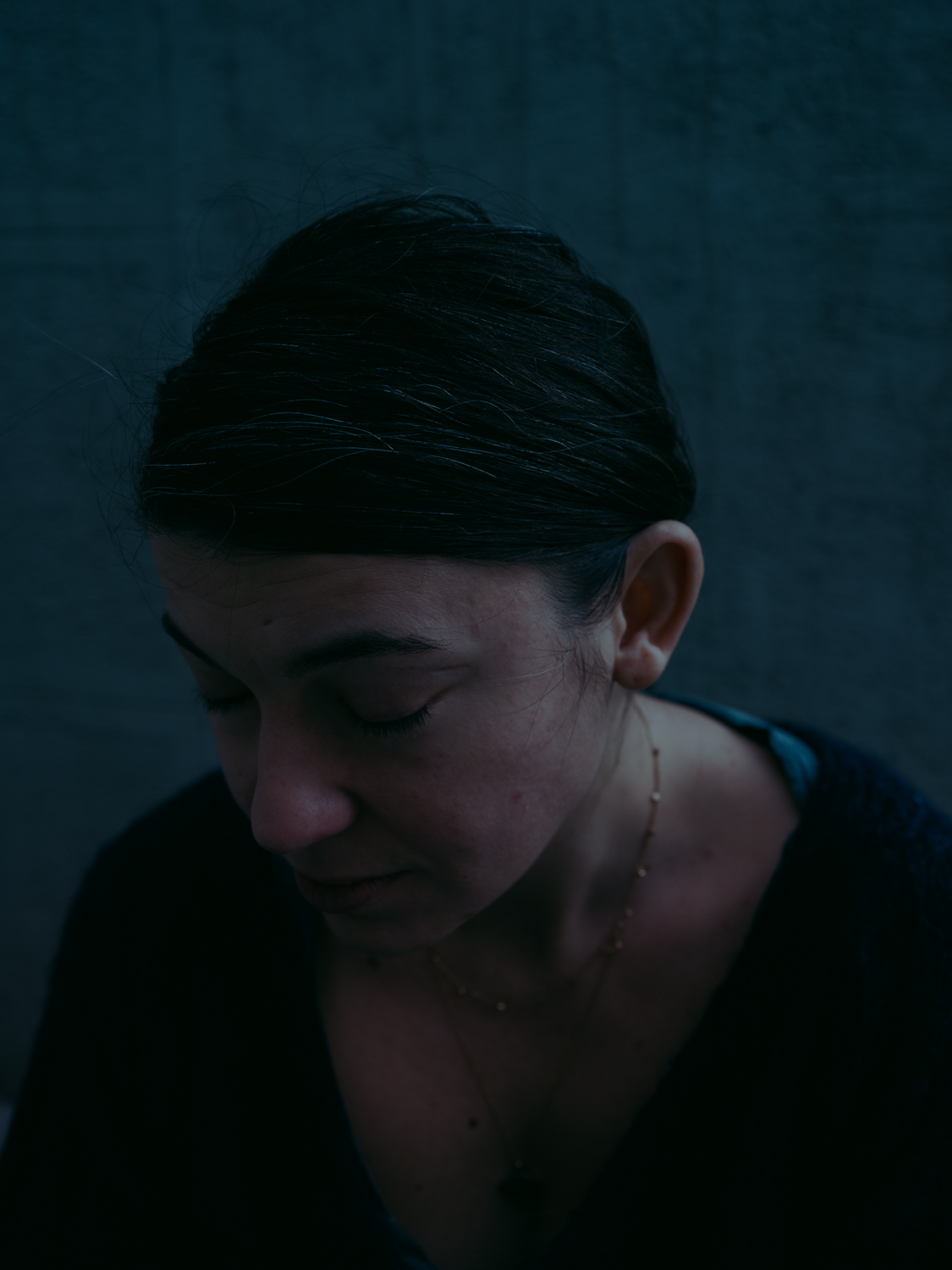
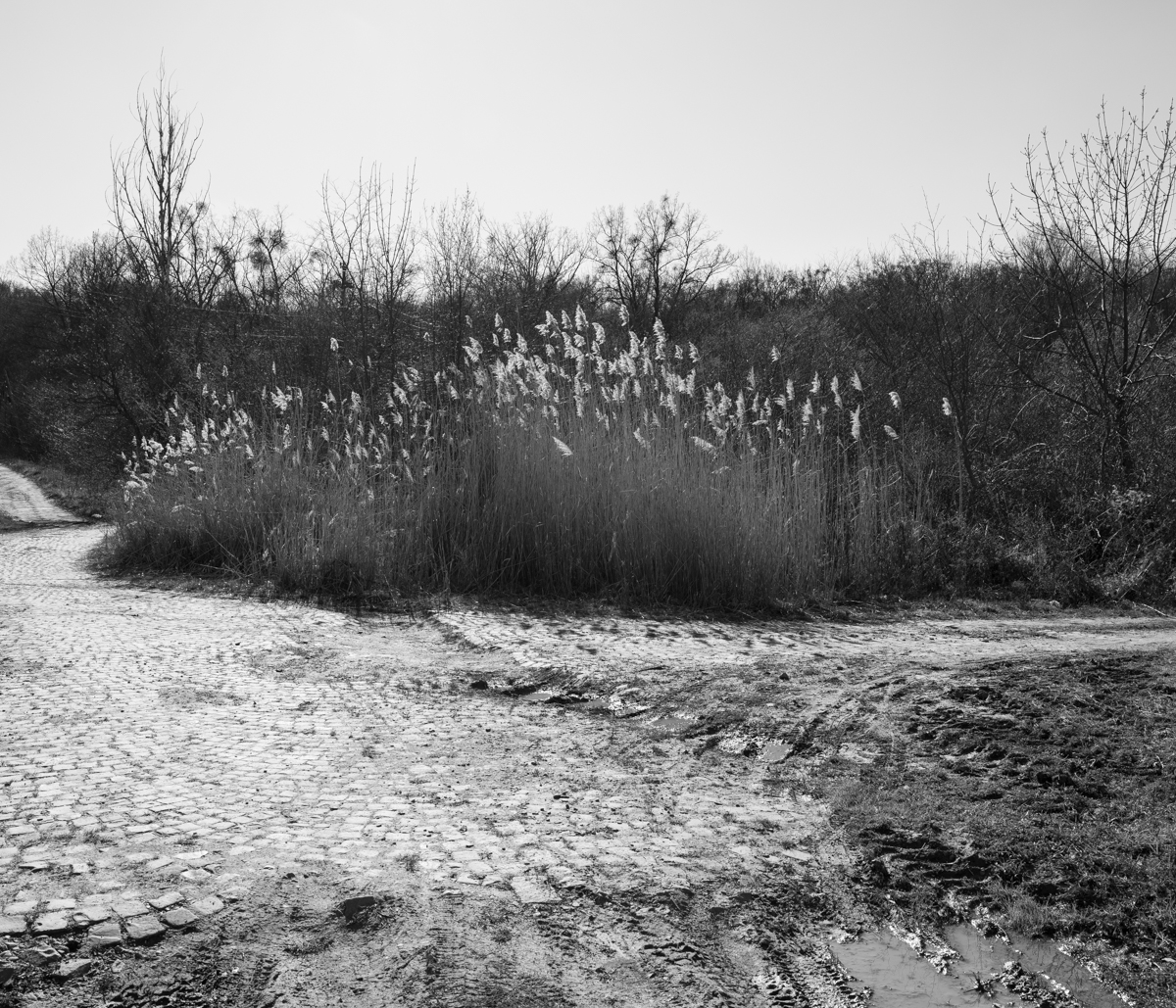
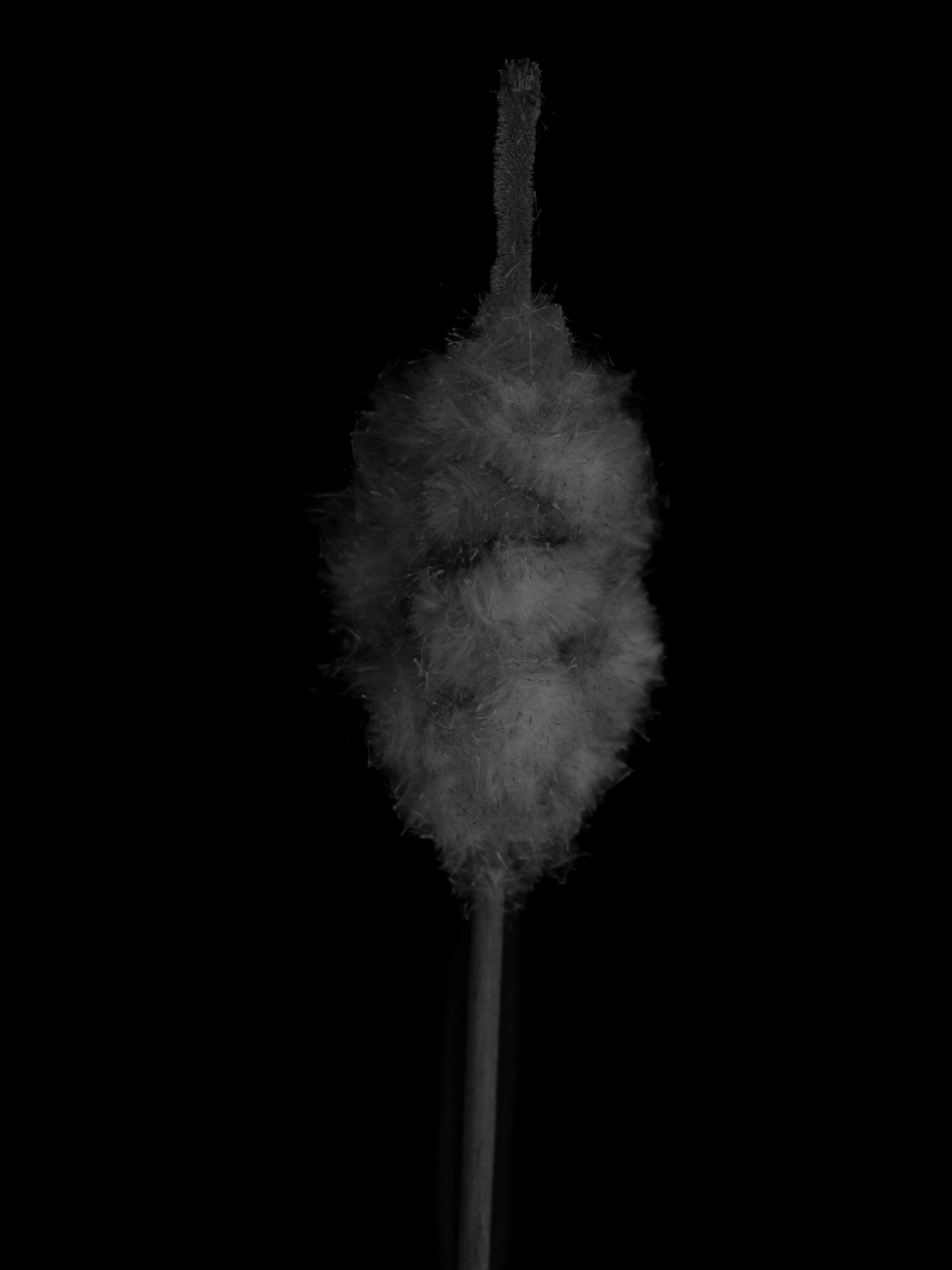
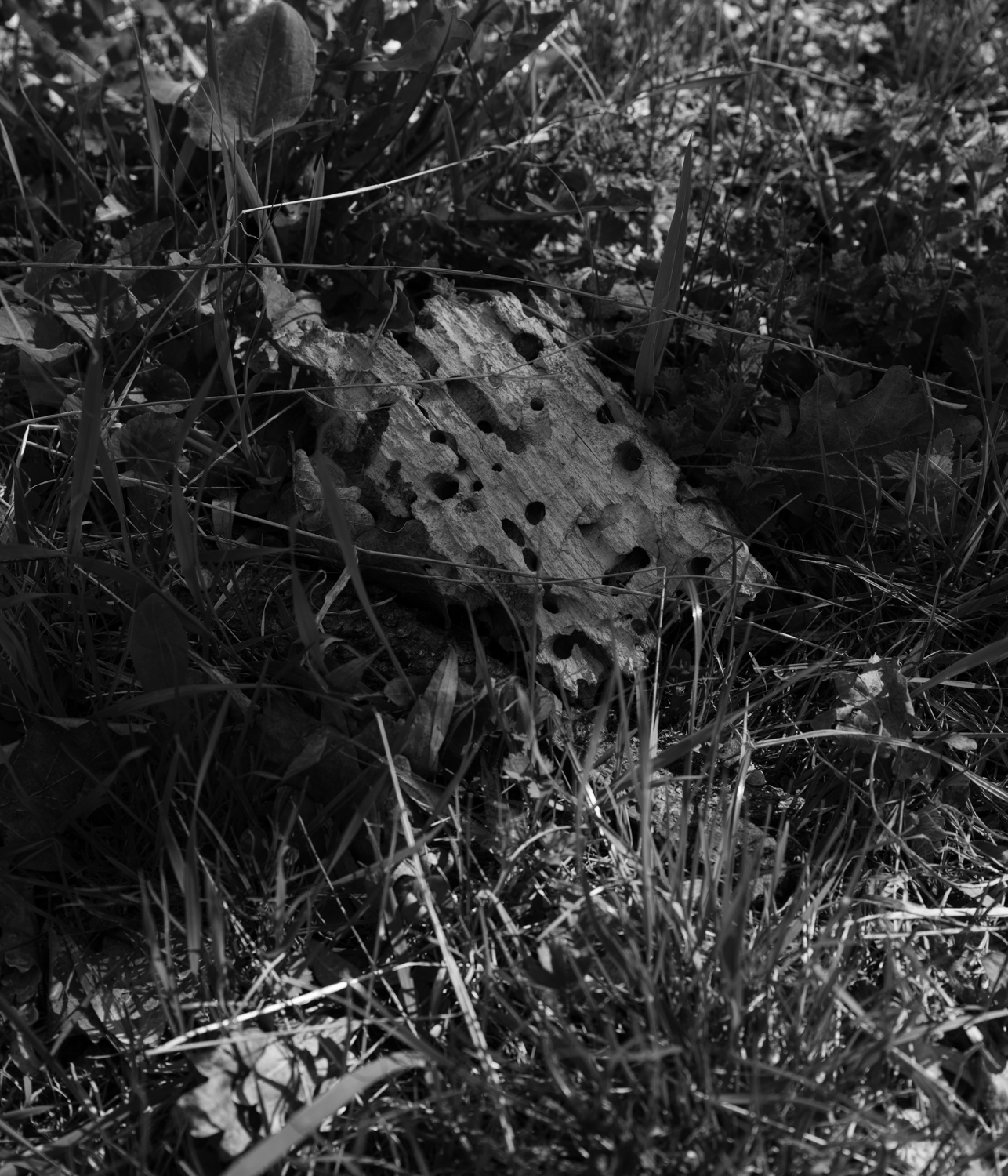

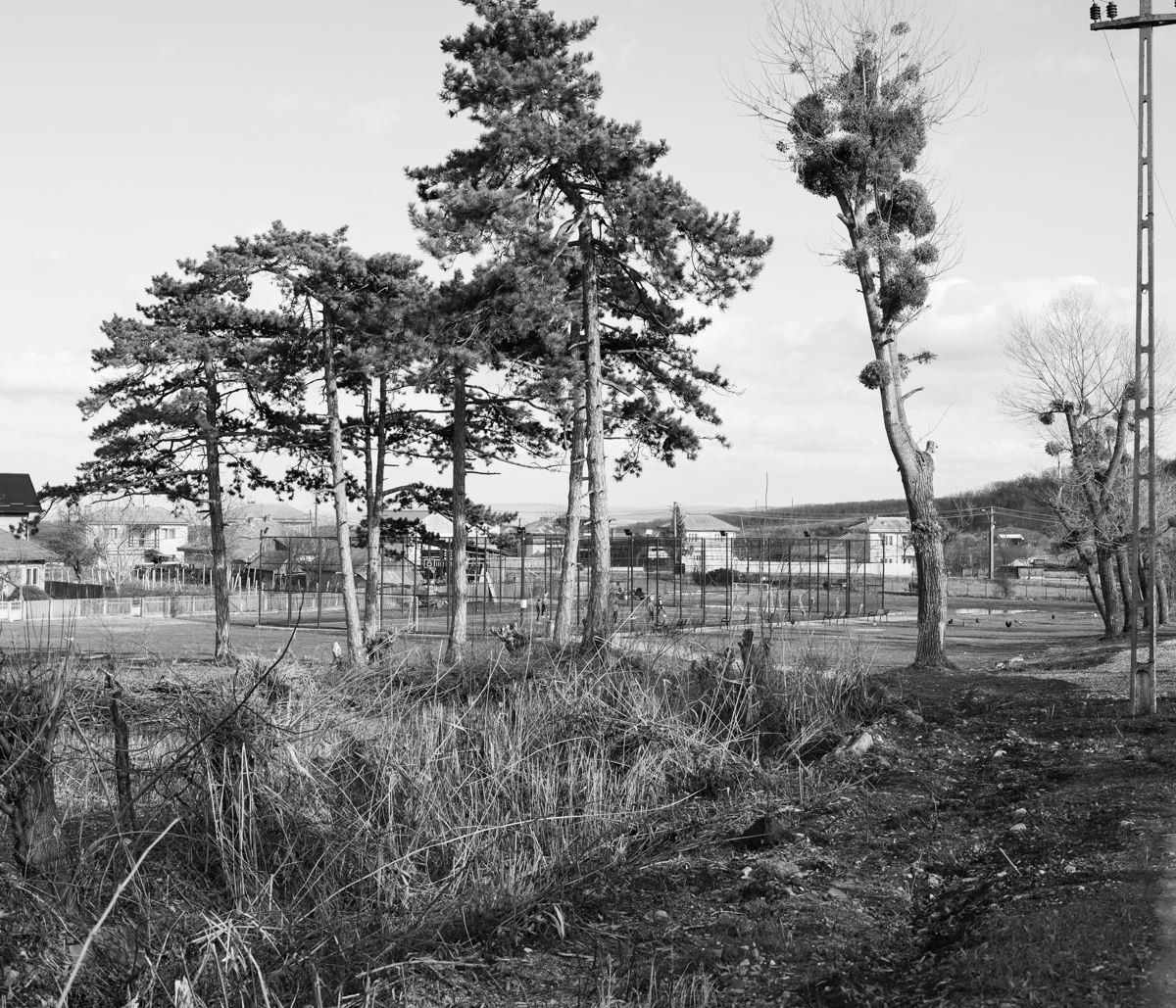
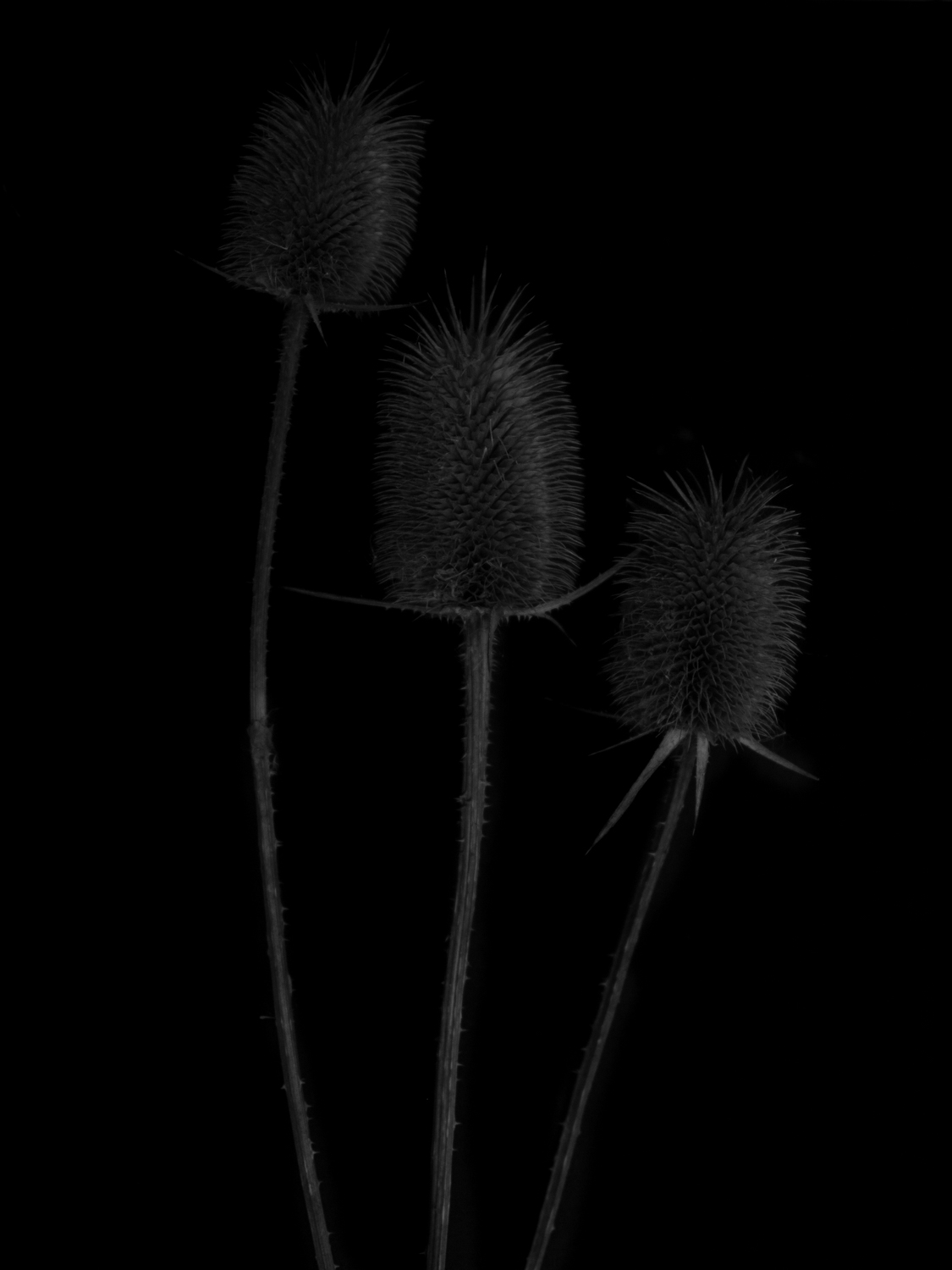

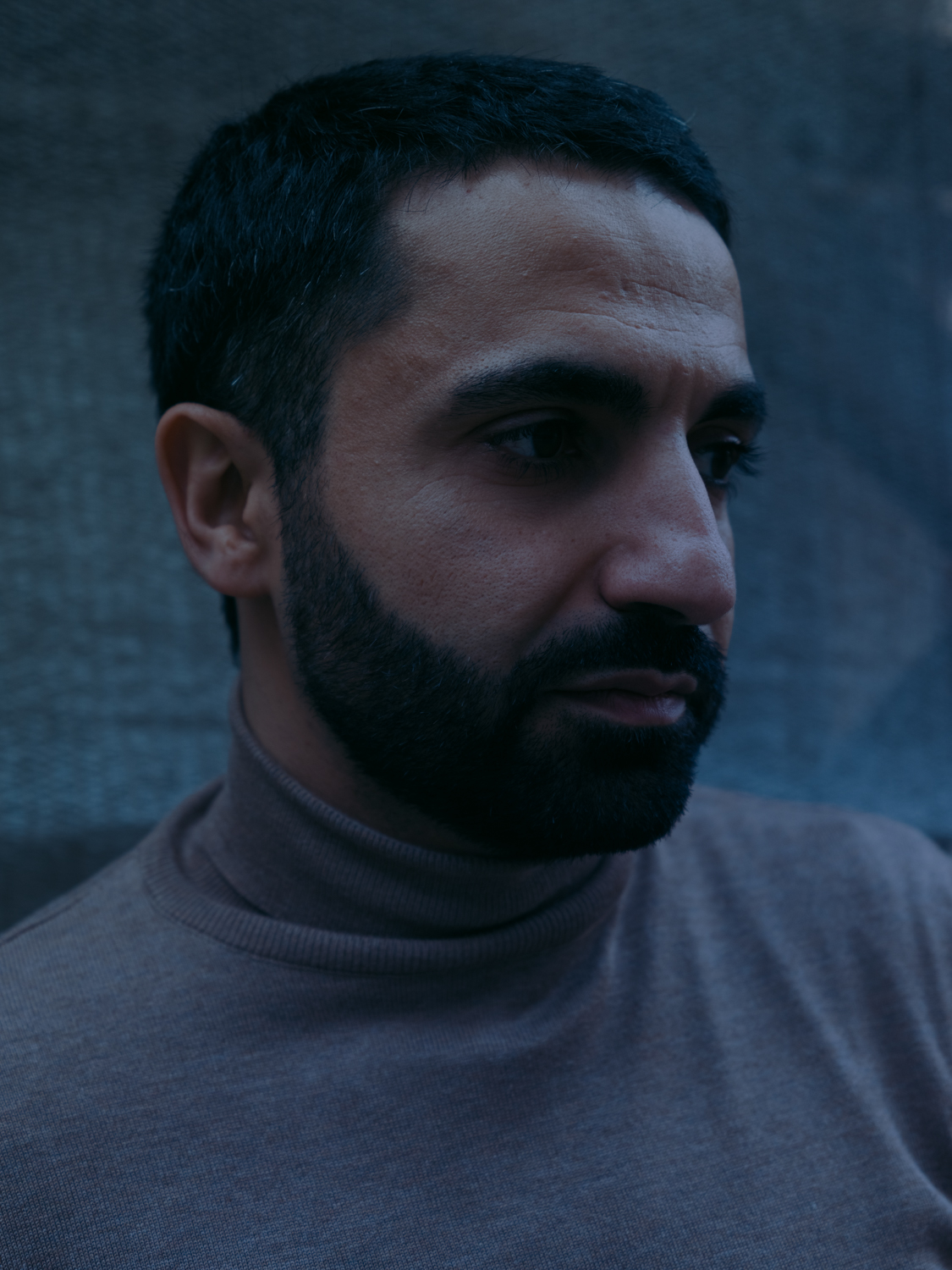

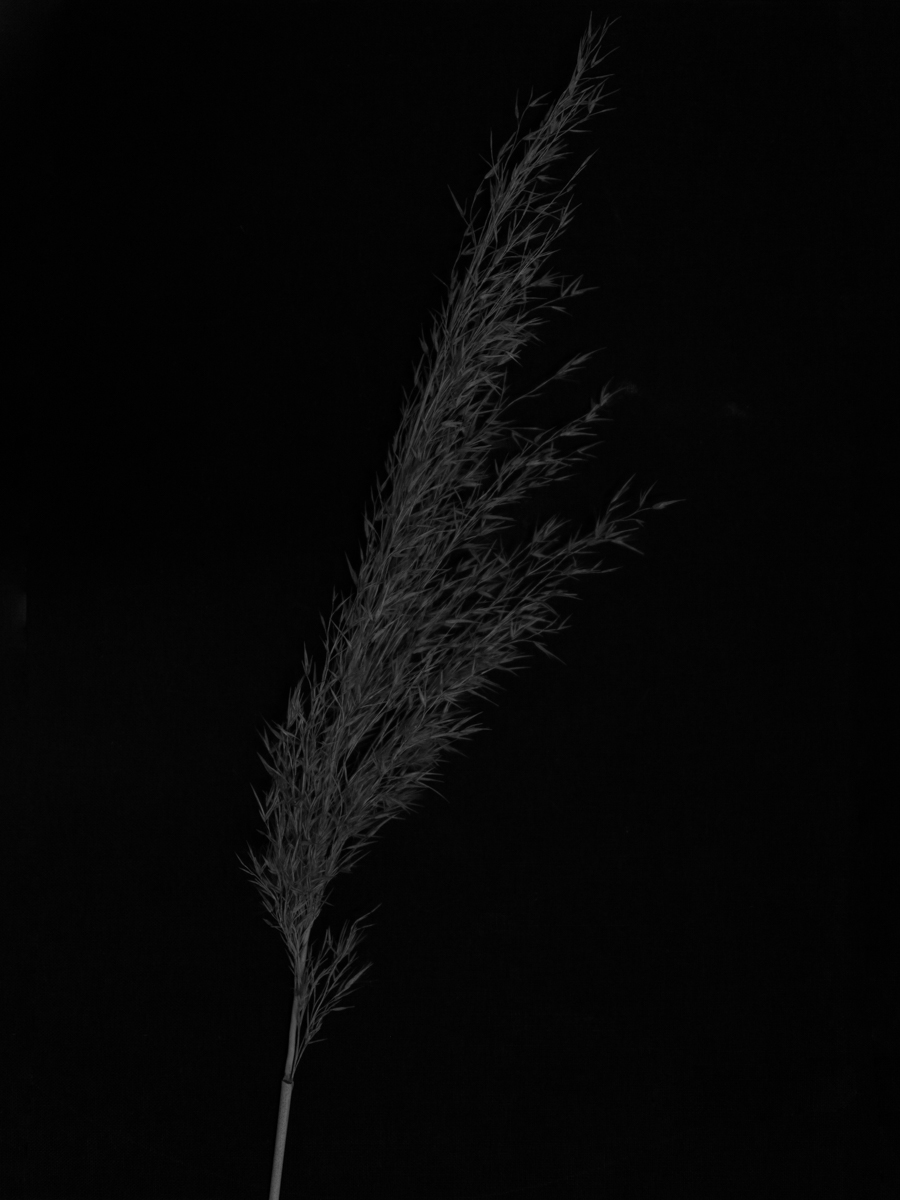
Along the crumbling wall, soon, the violet will bloom: installation views
![]()
![]()
![]()
![]()
![]()
![]()
![]()
![]()

